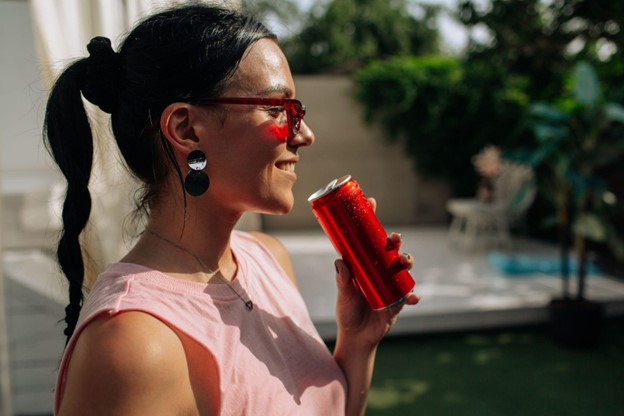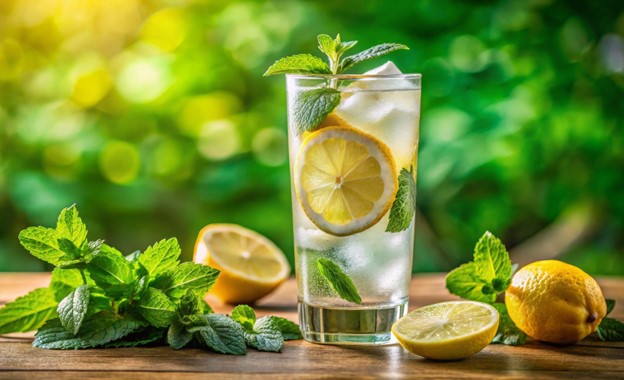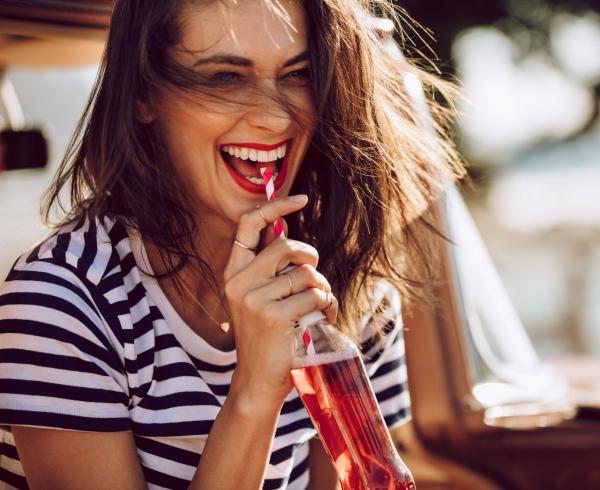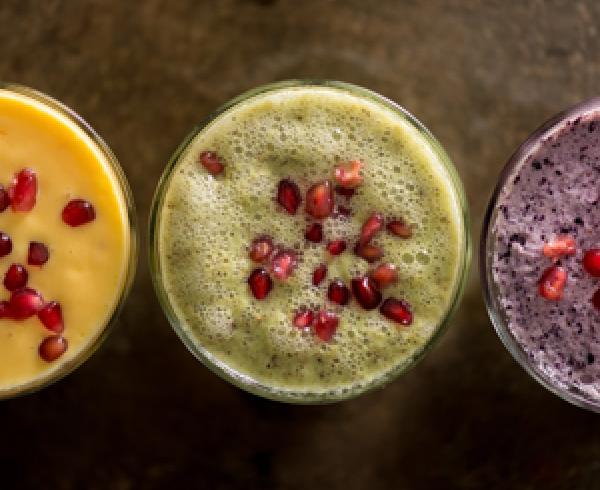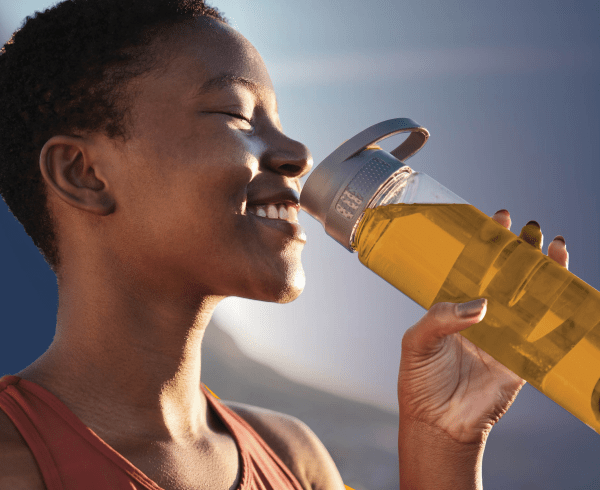Trending ingredients include vitamins and minerals (which 42% of consumers find appealing in a beverage) and herbal/botanical ingredients (which appeal to 47%).7 The presence of botanicals in a beverage influences the purchase choice for more than two in five consumers.8 The rise of plant-based and natural are key functional beverage trends to know.
For energy drinks, this is showing up as lower sugar formulations with B vitamins, natural sources of caffeine, or bioactive botanicals to deliver a natural energy boost. In functional waters, botanicals are being added for their flavor and health associations, while vitamins and minerals (particularly electrolytes) are popular for their health and hydration benefits.
Consumer Insights
Transparency and clean labels are becoming more important in Latin America, according to consumer research. Most Central and South American consumers think claims of natural (72%), non-GMO (72%), free from additives (58%), and sustainably sourced ingredients (57%) are appealing in beverages.9
While these claims are appreciated in any type of beverage, they are especially meaningful to health-conscious consumers purchasing a functional beverage. The combination of health and wellness benefits, clean label claims, and low or no-sugar formulations resonates with these consumers.
Challenges and Opportunities
Considerations when launching new functional beverages in Latin America include ensuring compliance with diverse regulations on ingredient approval, health claims, and labeling. In addition to country-specific regulations like Mexico’s NOM-051 and Brazil’s ANVISA guidelines, manufacturers should be aware of regional trade agreements such as Mercosur.
For innovation strategies, beverage manufacturers can focus on functionality to provide the most in-demand health and wellness benefits—for example, targeting energy and hydration benefits through vitamins and minerals, electrolytes, and botanicals.

